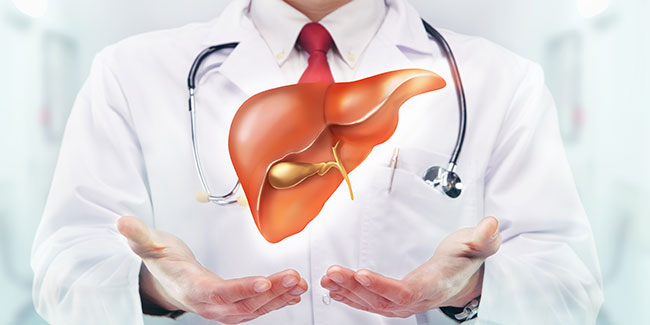
It’s World Liver Day today. It’s time for us to know some basics about liver, it’s functioning and important. Besides, how liver diseases can be effectively managed, so as to lead a healthy life.
According to WHO, World Liver Day commemorated on April 19 every year and liver disease is the 10th largest cause of death in India.
Table of Content:-
Liver:
Liver is the second largest organ in the body and is a key player in our body's digestive system. Everything we consume, including medicine, passes through the liver.
Function:
It fights infections, regulates blood sugar, removes toxins, controls cholesterol, making proteins and releases bile to help digestion. We cannot survive without the liver; it can be easily damaged if we don't take proper care.
Diseases:
Symptoms of liver damage do not present themselves till very late. Diseases such as hepatitis A, B, C, Hepatocellular cancer and cirrhosis often occur because of bad lifestyle choices, excessive consumption of alcohol and drugs, continuous intake of unhealthy food over a long period of time, sedentary lifestyle and lack of exercise.
Cure:
Currently, there is no cure for a severely diseased liver and therefore it is critical to take care of this multi-functionary organ and gland. The only way to manage a failed liver is to get a liver transplant.
Causes for liver disease:
- Can be inherited or geneticUnhealthy lifestyle and eating patterns
- Hepatitis A, B and C infections
- High intake of alcoholic drinks, high cholesterol foods
- High BMI ( body mass index), which is associated with Type 2 diabetes risk
- Obesity
Symptoms of liver disease and liver cancer:
Sudden weight loss
Decrease in appetite or a feeling of fullness after a small meal
Nausea and vomiting
General weakness and fatigue
Pain in upper abdomen (right side or near right shoulder blade)
Enlarged liver (hepatomegaly)
Enlarged spleen
Abdominal swelling (ascites)
Preventing liver disease and tips for liver care:
Adopt healthy lifestyle and have a balanced diet
Eat foods from all the food groups: grains, proteins, dairy products, fruits, vegetables and fats. Include green leafy vegetables, broccoli, cauliflower, cabbage, carrot, apple and walnut in your diet.
Eat foods that have lot of fibres such as fresh fruits and vegetables, whole grain breads, rice and cereals such as quinoa, millet and buckwheat
Ensure safe blood transfusions to avoid contracting hepatitis A, B, C
Maintain personal hygiene and be sure to wash hands after using the washroom
Avoid tap water when travelling
Say No to alcohol, tobacco and drugs
Exercise regularly
How we keep this article up to date:
We work with experts and keep a close eye on the latest in health and wellness. Whenever there is a new research or helpful information, we update our articles with accurate and useful advice.
Current Version
